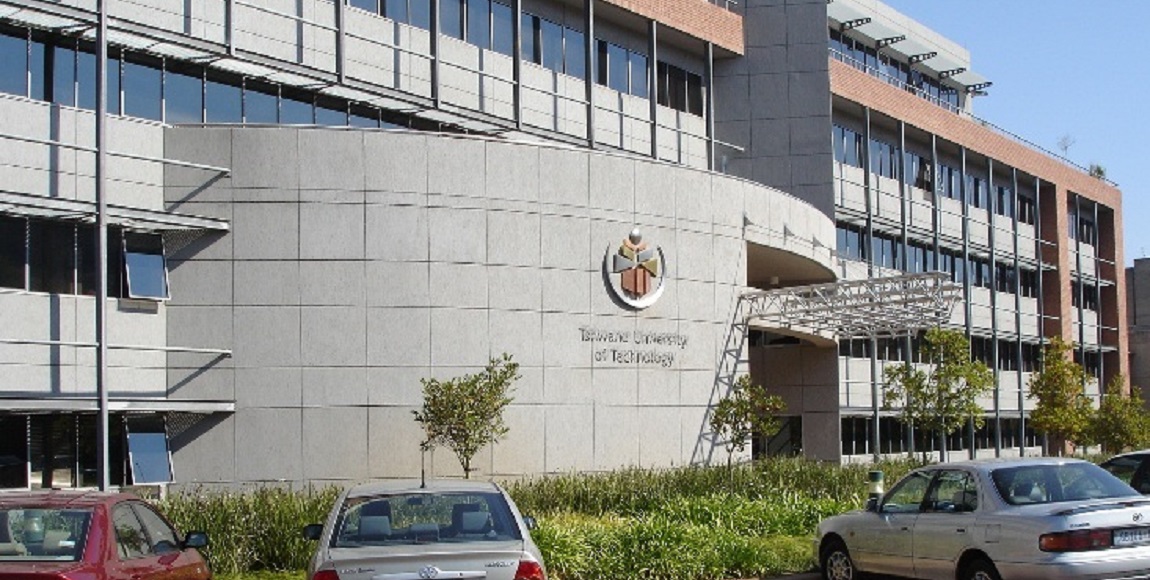All nine campuses of the Tshwane University of Technology (TUT) have been closed since March 4. The shutdown comes after weeks of student protests at the university. The Daily Vox explains.
Since when have TUT students been protesting?
TUT, along with a number of universities across the country including Wits University, the University of Johannesburg and the Durban University of Technology, protested in February. These were over concerns related to accommodation, issues with the National Student Financial Aid Scheme (Nsfas), historical debt, and registration, among others.
Protests erupted at TUT again in March and have been ongoing. This is now the second week since the university suspended activities. Last week the university urged students living on campus residences to pack their bags for home. There is still no word on when operations at TUT will resume.
Why are students protesting?
Students are protesting issues related to the Nsfas and the lack of accommodation. Students are calling for Nsfas to pay students, particularly those that lived in off-campus residences, their meal allowances.
Student Representative Council (SRC) President Lucky Nkambule at the Soshanguve campus told News24 the food allowances issue had to be resolved urgently. “We can’t study with empty stomachs, and it is clear that management is not taking our concerns seriously,” Nkambule said.
Nkabule added: “We are clear, we are saying no meal allowances, no university operations. We are frustrated because our fellow students who reside off campus have no food, but are expected to be in class and attentive”.
Students said they would continue protesting until their demands have been met.
What is the university management doing to address student woes?
TUT management’s main priority is to get students back into the classroom, TUT spokesperson Willa de Ruyter said on March 4. “We are currently engaging with students and NSFAS for the matter to be resolved as soon as possible,” de Ruyter said.
Management and the SRC of all TUT campuses have also formed part of a task team to resolve the issues around accommodation, TUT deputy vice chancellor Stanley Mukhola said in an interview with Jacaranda FM.
He said the university is not in a position to allocate Nsfas meal allowances for students staying off campus. Nsfas is the only body that can take such a decision. “Unfortunately, the students want to be paid a meal allowance regardless whether they stay at home or not. We cannot break the policy,” Mukhola said.
How have the protests affected university operations?
The mid-year examinations have been postponed at TUT because of the time lost due to the protest action. The exams were scheduled to take place in May, but they will now take place in June.
All graduations that have been scheduled to take place will go on as normal.
Students have been advised to check the institution’s website regularly to see when classes will resume.
No property had been damaged during the protests, de Ruyter confirmed.









